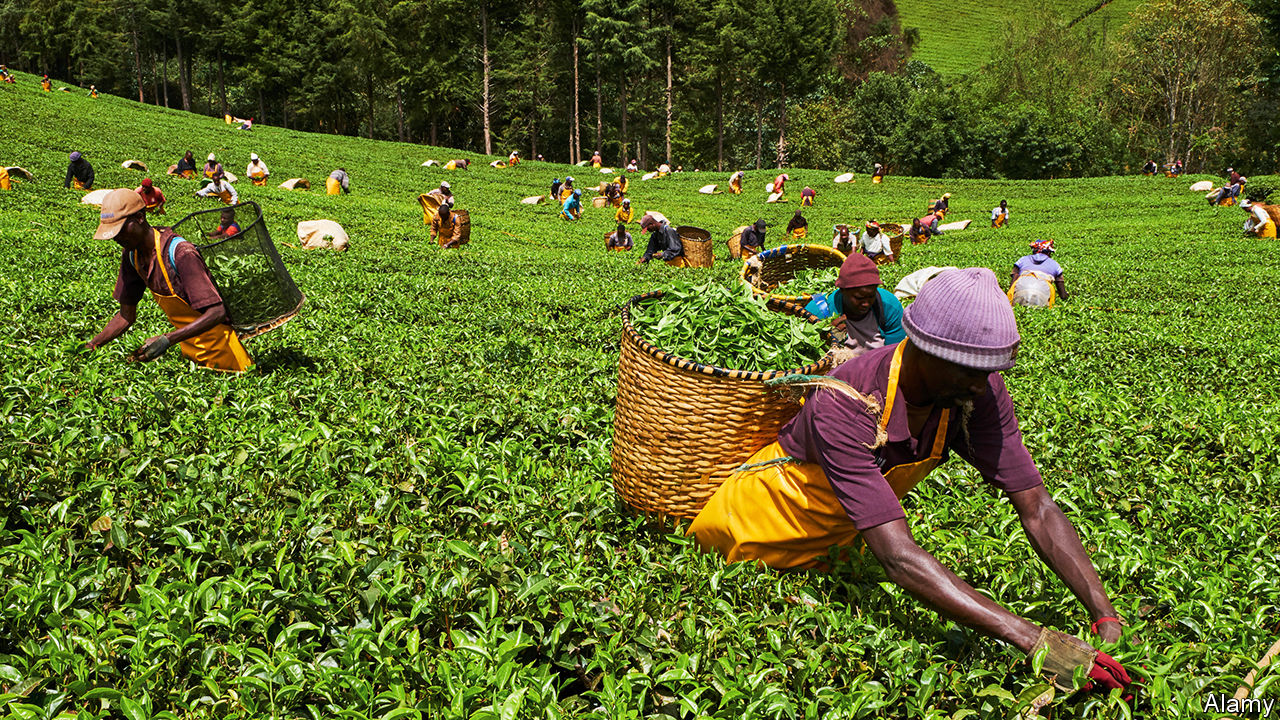
Tea is a widely produced crop in Rwanda that generated a revenue of $93m in 2020.The 5,000 smallholder farmers in Gicumbi district, members of the cooperatives Cooperative du Thé Mulindi (COOPTHE) and Cooperative du Thé Villageois Mulindi (COOTHEVM) and their umbrella investment vehicle, Mulindi Tea Company (MTC) are the new owners of the Mulindi factory, once of the biggest suppliers of tea in the country. They were handed the factory by The Wood and The Gastby Foundations both British.
Talking to Africanewsguru.com, the Mulindi farmers shared how the handover of the factory from the Wood foundation is expected to empower them as farmers. “This comes as a great addition in regard to how the dividends are disbursed annually, explains Elysee Ntabwoba, Director of the Ntabwoba cooperative_, __This means that after balancing the books of the factory, after reinvesting in our activities, the profit will be distributed among shareholders, rather than to companies. It essentially means that more money will go to the cooperative members and smallholder farmers.”_
The foundations handed over the factory to the farmers say that since 2012, a lot of support has been given to the farmers through finances, technology and management. The farmers say there are still some challenges they hope to tackle in order to progress as factory owners.













